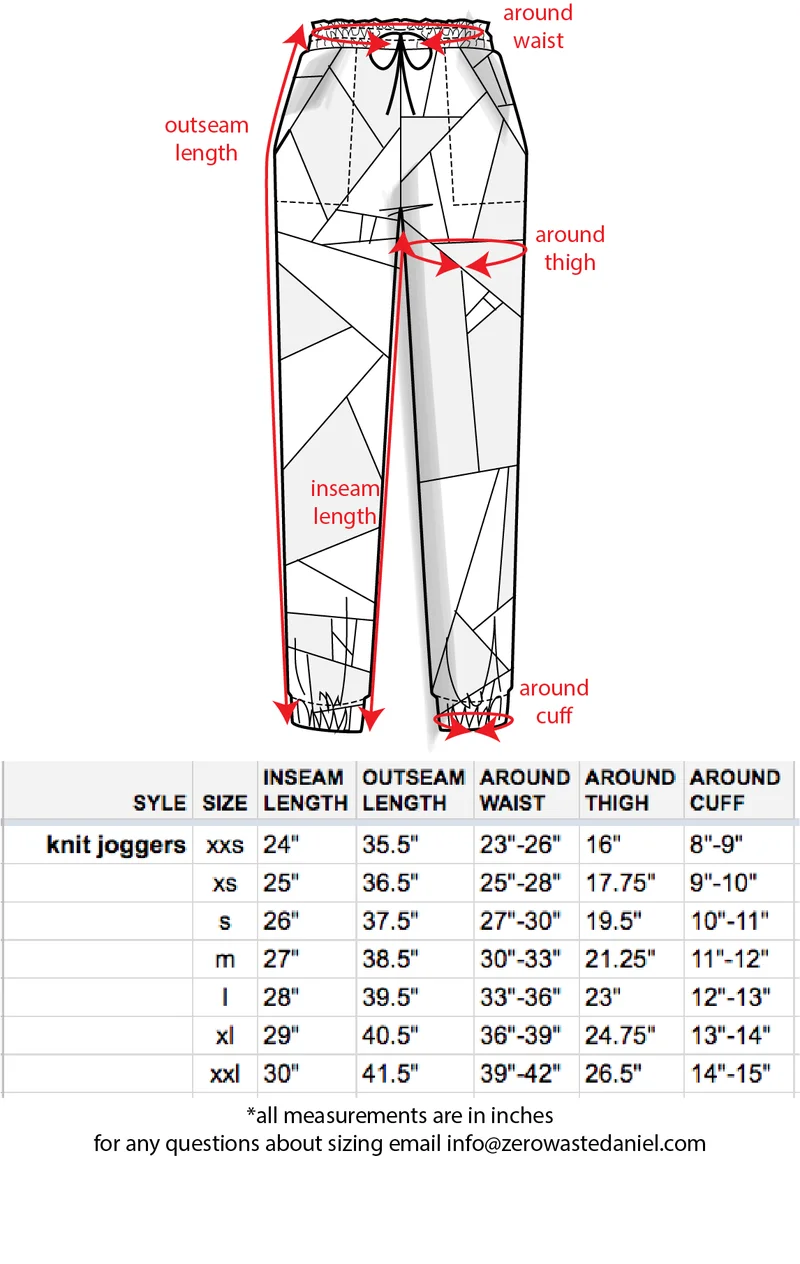So, Crypto Built Its Own Private Internet. Because Of Course It Did.
Let me get this straight. The public internet—the one you and I use to stream cat videos, argue with strangers, and occasionally do our jobs—is apparently a "bottleneck." It's too slow, too congested with plebeian traffic like Netflix and gaming. It just wasn't "built for high-performance systems," says DoubleZero founder Austin Federa.
My translation: The internet wasn't built specifically for their hyper-caffeinated, high-frequency trading game, so they built their own.
It's called DoubleZero, and it's a dedicated, high-speed network of fiber-optic cables crisscrossing the globe, a private digital highway just for blockchain traffic. Think of it as an HOV lane for crypto, while the rest of us are stuck in traffic. They've got over 70 of these high-performance links connecting 25 cities, backed by the usual suspects—Jump, Galaxy, Cumberland/DRW. The kind of names that make you check your wallet.
This isn't some vaporware project. They just launched their mainnet-beta, and they claim 22% of all staked Solana is already on board. They're not building another dApp ecosystem; they're building the pipes underneath the whole casino. Which, I have to admit, is a smart move. No, 'smart' doesn't cover it—this is a brutally efficient play. Why sell shovels during a gold rush when you can own the road to the mine?
And offcourse, there's a token.
That "Free" Airdrop? You're the Exit Liquidity.
Enter the Hype Machine
Right on schedule, here comes Binance to pour gasoline on the fire. They're listing the DoubleZero token, 2Z, today, October 2nd. But they're not just listing it. They're kicking things off with one of their biggest "HODLer Airdrops" ever. They're literally dropping 35 million 2Z tokens into the accounts of people who were already holding their native BNB token.
It’s a reward system for the loyal. A little treat for the house whales. If you were staking BNB between September 26th and 28th, congrats, you get free money. For everyone else, you get to watch the price chart go haywire when trading opens against USDT, USDC, and even the Turkish Lira, for some reason.
Binance, in its infinite wisdom, has slapped a "Seed Tag" on 2Z. This is corporate-speak for: "This is a new, shiny, and extremely volatile thing. It could rocket to the moon or crater into the earth's core before your transaction confirms. You've been warned, now go gamble."
The initial circulating supply is a hefty 3.47 billion tokens out of a total 10 billion. Analysts are predicting a bloodbath of volatility as airdrop recipients rush to cash in their freebies. It’s the circle of life in crypto: the insiders get free tokens, dump them on the retail FOMO crowd, and the machine keeps printing. It ain't about building a new financial system anymore, is it? It's about building a faster version of the old one.

I swear, my own ISP can barely handle a Zoom call without stuttering, and these guys are building a bespoke internet so their bots can front-run each other by a few more microseconds. This whole industry...
Forget the Tech, The Real Story is the DC Handshake
But Here's the Real Kicker
I was ready to write this whole thing off as another Tuesday in crypto. Another project with big promises, another token launch, another wave of manufactured hype. But then I saw the real story, the part that actually matters beyond the token price.
The SEC gave them a pass.
A few days ago, the U.S. Securities and Exchange Commission issued a "no-action letter" regarding the 2Z token. This is bureaucratic language for "We're not going to sue you into oblivion for selling this thing." The SEC, the great boogeyman of crypto, looked at a project launching a 10 billion supply token and basically said, "Carry on."
This is a seismic shift. For years, under Gary Gensler, the commission's stance was that basically everything short of Bitcoin was an unregistered security. They spent hundreds of millions of dollars suing everyone from Ripple to Coinbase. Now, suddenly, they're distinguishing between utility-driven tokens and speculative instruments.
SEC Commissioner Hester Peirce, one of the few sane voices in that building, spelled it out. She argued that people providing bandwidth or running nodes for DoubleZero are like owner-operators of a business, not passive investors. They're being compensated for work, not promised profits from the "managerial efforts of others."
This is the holy grail for DePIN—Decentralized Physical Infrastructure Networks. It's a regulatory green light that projects have been praying for. DoubleZero didn't just build a faster network; they navigated the DC swamp and came out with a golden ticket. They’ve created a potential playbook for every other project that wants to tokenize real-world infrastructure.
Then again, maybe I'm the crazy one here. Maybe I'm giving them too much credit. A no-action letter isn't a law. It's a statement of present intent. It's the government saying they're too busy, or too confused, to pick this particular fight right now. The winds in Washington can change fast, and they usually don't change in favor of the little guy.
Still, for today, the house won. They built their own private internet, they got the world's biggest exchange to market their token for free, and they got the regulator to look the other way. You can't even be mad, you just have to sit back and watch the machine work. They're playing a different game, on a different level, and they're building their own field to play on, and honestly...
Same Game, Faster Track
It was never about decentralization, was it? It was never about banking the unbanked or creating a more equitable system. It was about speed. It was about getting an edge. DoubleZero isn't a revolution; it's the logical conclusion of Wall Street's mindset applied to the internet. They built a faster, more exclusive track for the high rollers, and the SEC just cut the ribbon.
Reference article source:
